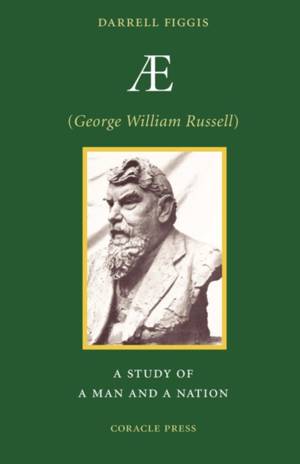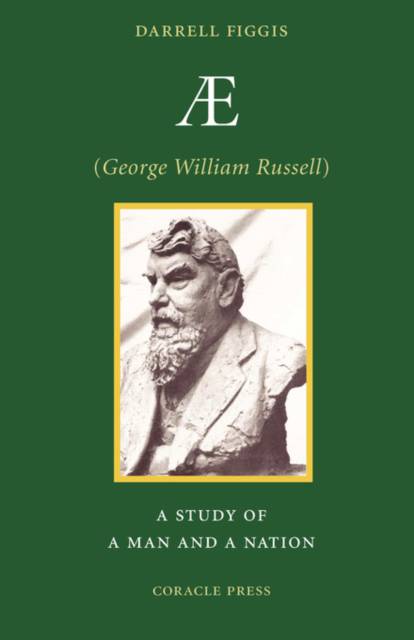
- Afhalen na 1 uur in een winkel met voorraad
- Gratis thuislevering in België vanaf € 30
- Ruim aanbod met 7 miljoen producten
- Afhalen na 1 uur in een winkel met voorraad
- Gratis thuislevering in België vanaf € 30
- Ruim aanbod met 7 miljoen producten
Zoeken
€ 16,95
+ 33 punten
Omschrijving
George William Russell, better known as Æ (1867-1935), mystic, poet, painter, journalist, editor, and practical rural economist, was a pivotal figure in the Irish literary revival and in the emergence of modern Ireland. From the beginning of the twentieth century he formed life-long friendships with W. B. Yeats, George Moore, Lord Dunsany, James Stephens, Stephen Mackenna (translator of the Enneads of Plotinus), James Joyce, and other writers, thinkers, and artists, and was closely associated with the Irish National Theatre Society (later the Abbey Theatre). This early study of Æ, first published in 1916, offers us a glimpse into the world he inhabited, and how he was seen by those of his contemporaries with the necessary prescience to sense the wonder of the man. An account, taken from early in the book: Standish O'Grady, one fair Sunday in summer, returned home a puzzled and an arrested man. He brought with him the news that he had heard, on the sea-front at Bray, the bearded figure of a young man in a tweed suit addressing the human flood before him, evangelizing . . . the ancient pagan gods of Ireland. . . . What did these people . . . want to know of Earth, the mother of us all, the Dana of ancient reverence, on whose bosom they trod unheedingly . . . or of the great Shining Ones that are houselled with her or that throng the heavenly places in hierarch on hierarchy of brightness and beauty and power. . . . Who then was this strange, wild man, whom they would not hear, and whom some few of them may have recognized as a clerk at Pim's and a mere shop-assistant? And further, regarding the discourse of this young man, Æ It was not from books that this came. . . . As Æ confesses, between the ages of eighteen and thirty he hardly so much as read a newspaper. . . . His life was one of mystical experiment and experience; of study over the writings of ancient seers and initiates into the mysteries of the heavens and the earth.
Specificaties
Betrokkenen
- Auteur(s):
- Uitgeverij:
Inhoud
- Aantal bladzijden:
- 168
- Taal:
- Engels
Eigenschappen
- Productcode (EAN):
- 9781597313254
- Verschijningsdatum:
- 6/12/2007
- Uitvoering:
- Paperback
- Formaat:
- Trade paperback (VS)
- Afmetingen:
- 140 mm x 216 mm
- Gewicht:
- 217 g

Alleen bij Standaard Boekhandel
+ 33 punten op je klantenkaart van Standaard Boekhandel
Beoordelingen
We publiceren alleen reviews die voldoen aan de voorwaarden voor reviews. Bekijk onze voorwaarden voor reviews.











